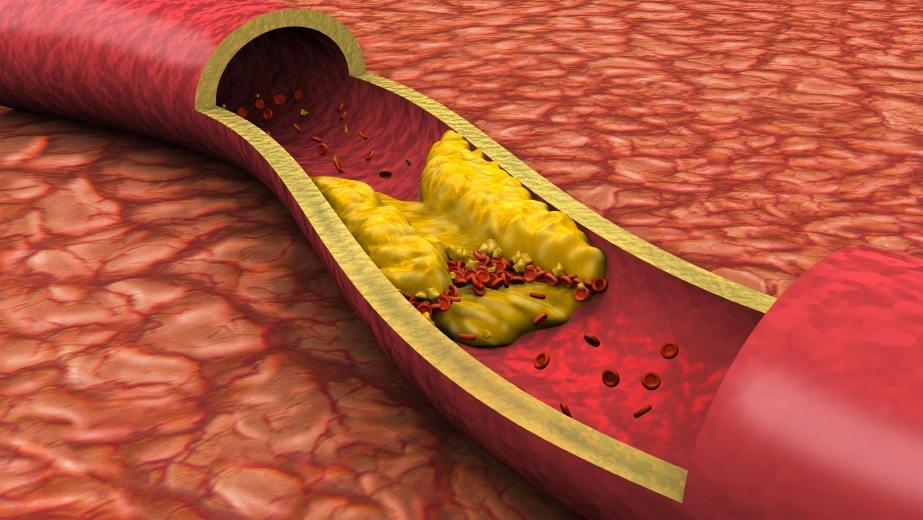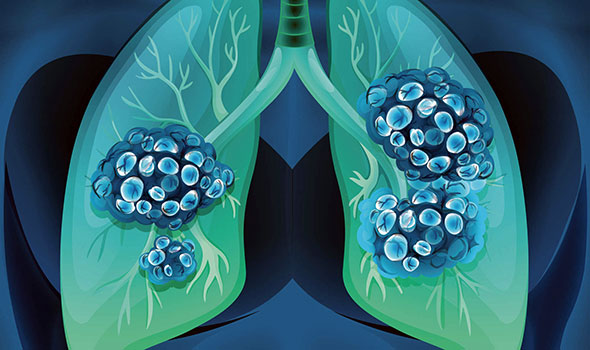Cancer cells can develop resistance to the treatments designed to eliminate them. Several studies have linked stress granules (SGs), cell organelles that form transiently in response to extracellular stress, to this phenomenon. However, how SGs protect cancer cells remains unclear.







